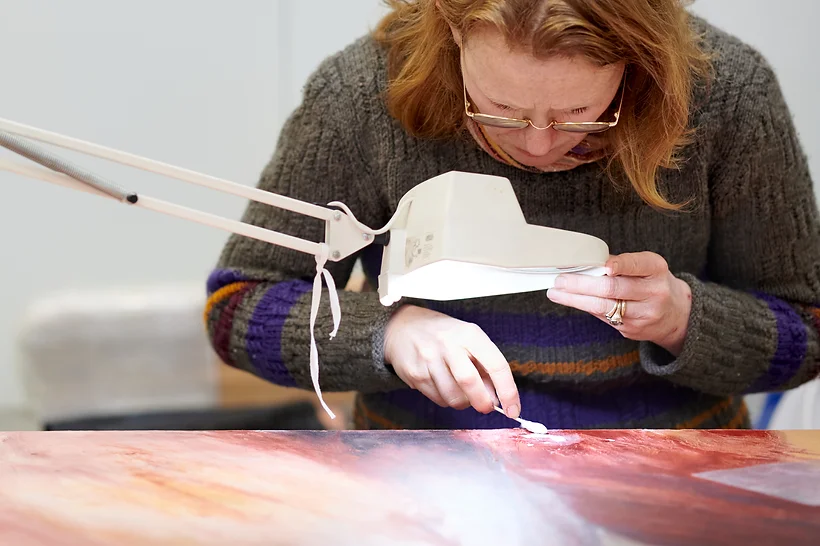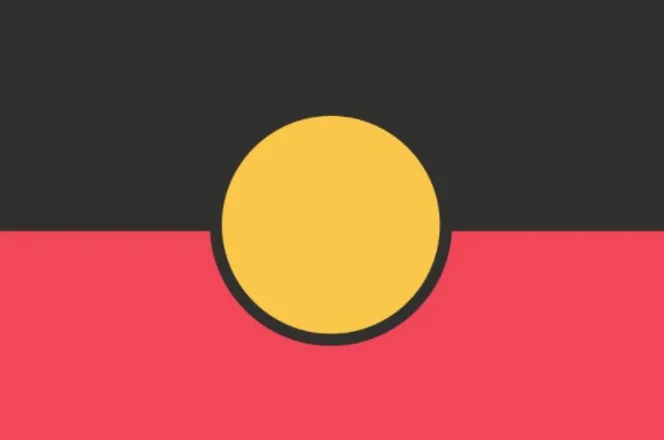Internships and Placements
As conservators who have been working in this industry for decades, we’d like to see the field continue to grow and prosper. By developing the field for future generations, new conservators are required. Endangered Heritage endeavours to make conservation more accessible through our various internships and placements opportunities. We are always interested in meeting new talent interested in joining our team or studying with us.
To express an interest in any of the opportunities listed below, please contact us via email as well as through your university or school.


Internships
Each year Endangered Heritage accepts interns from Universities across Australia. Currently, we have interns in different work specialisations, at varying points of their education. It is expected that basic science units for lab-based safety training and work have been accomplished prior to the application.
Students must be enrolled in a intern placement unit as part of their degree at any University. We are proud to have mentored all our interns to achieve high distinctions at the completion of their unit. We take our mentoring role seriously because we are only as good as the people we train.
Archaeology Internship
Our archaeology department is actively involved in fieldwork, Whether you have an interest in fieldwork or analytical work, doing a placement with us will help develop your skills for handling, storing, documenting as well as teach you how to prepare samples for storage and display safely, without losing valuable research data.
You will be working under our Senior Objects Conservator. Students embarking on a research thesis are encouraged to contact us for some practical experience.

Indigenous Internship
We are offering our indigenous internship placement for 2023 Sem 1 and Sem 2. If the student can approach us about their interests as well as their hopes and expectations for the placement, we will then coordinate with their course convenor to ensure that we all meet the necessary requirements and final assessment obligations.
As Cultural Heritage Conservators, we are very concerned that within the industry, there is still a dominance of European voices and not enough indigenous voices in the discussion about when, how, and by whom should indigenous art be conserved. This internship welcomes indigenous people from across Australia, Torres Strait Islanders, the Pacific, and Māori communities. Diversity and inclusion are highly valued in our team.

Textiles Internship
Textile conservation is a very specialised area that requires in-depth knowledge in at least several areas of fibre art or manufacture, from sewing, weaving, costuming, knitting to lacemaking etc.
We offer the opportunity for interns to learn more about the specifics regarding textiles conservation so historical mistakes in restoration do not creep back into the lexicon of conservation as if valid. Your internship will cover some cleaning, packing, storing, and preventative conservation. The completion of science and lab safety units are expected.
This position will be supervised by Victoria Pearce.

Preventative Conservation Internship
With the rising awareness of the critical role played by museums and other organisations in prevention, preventative conservation is becoming a specialisation on its own. This internship will give you hands-on practical experience managing a freezer program, integrated pest management, environmental monitoring and preventive care in storage and display.
This internship will be supervised by Victoria Pearce and Andrew Pearce to best cover the full range of materials found on display in institutions and private collections.

Work Experience
Conservation is a very interesting industry and potential students may want to know what it is like before embarking on a course of study. The rising costs of tertiary education mean that it is becoming increasingly important that students know what they want to do as well as the best angle to achieve their life goals.
We offer week-long work experience places for Year 12 students or recent graduates. This must be arranged with the Director, the school, and parents. This is so the parents and students understand the risks and responsibilities we share in a functioning and working laboratory.
Students will spend half a day with each of our team leaders, learning the different ethics, approaches while explaining the work they do as each specialisation often has very different training pathways and skills requirements.
Volunteers
We know that sometimes people wish to volunteer for personal reasons. Perhaps you are unsure if the GLAM (Galleries, libraries, art and museum) sector is for you, or you wish to gain new work or life experience. Let us know and we can arrange a meeting to discuss a way you can be part of our team, or perhaps we can link you up with others in our sector.
testimonials

